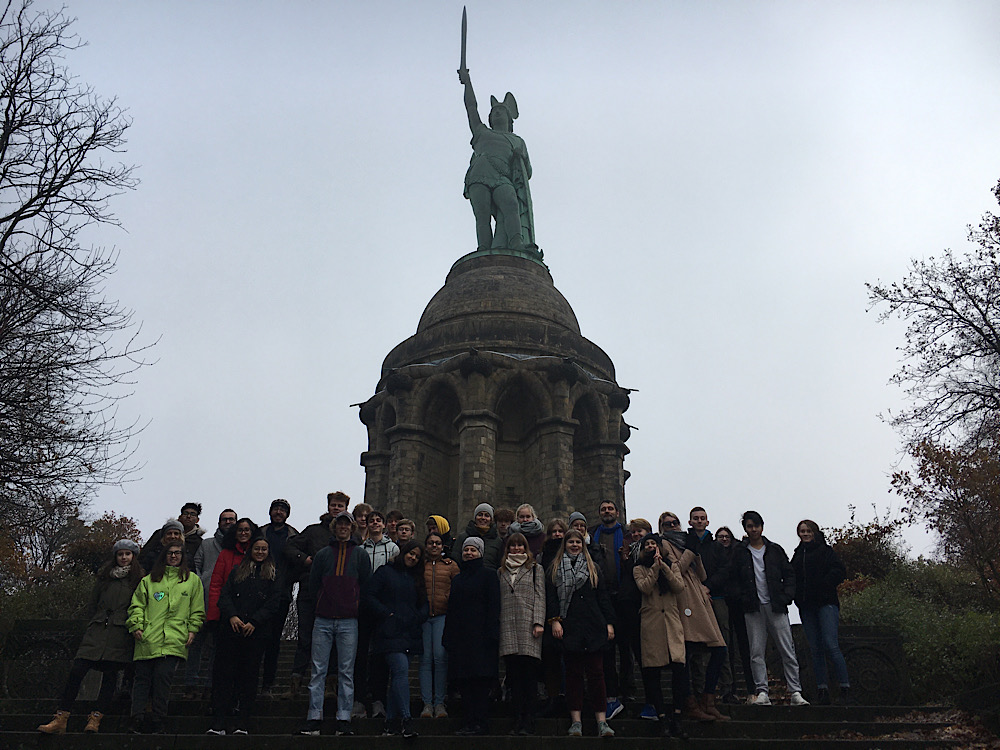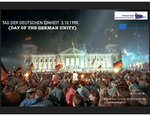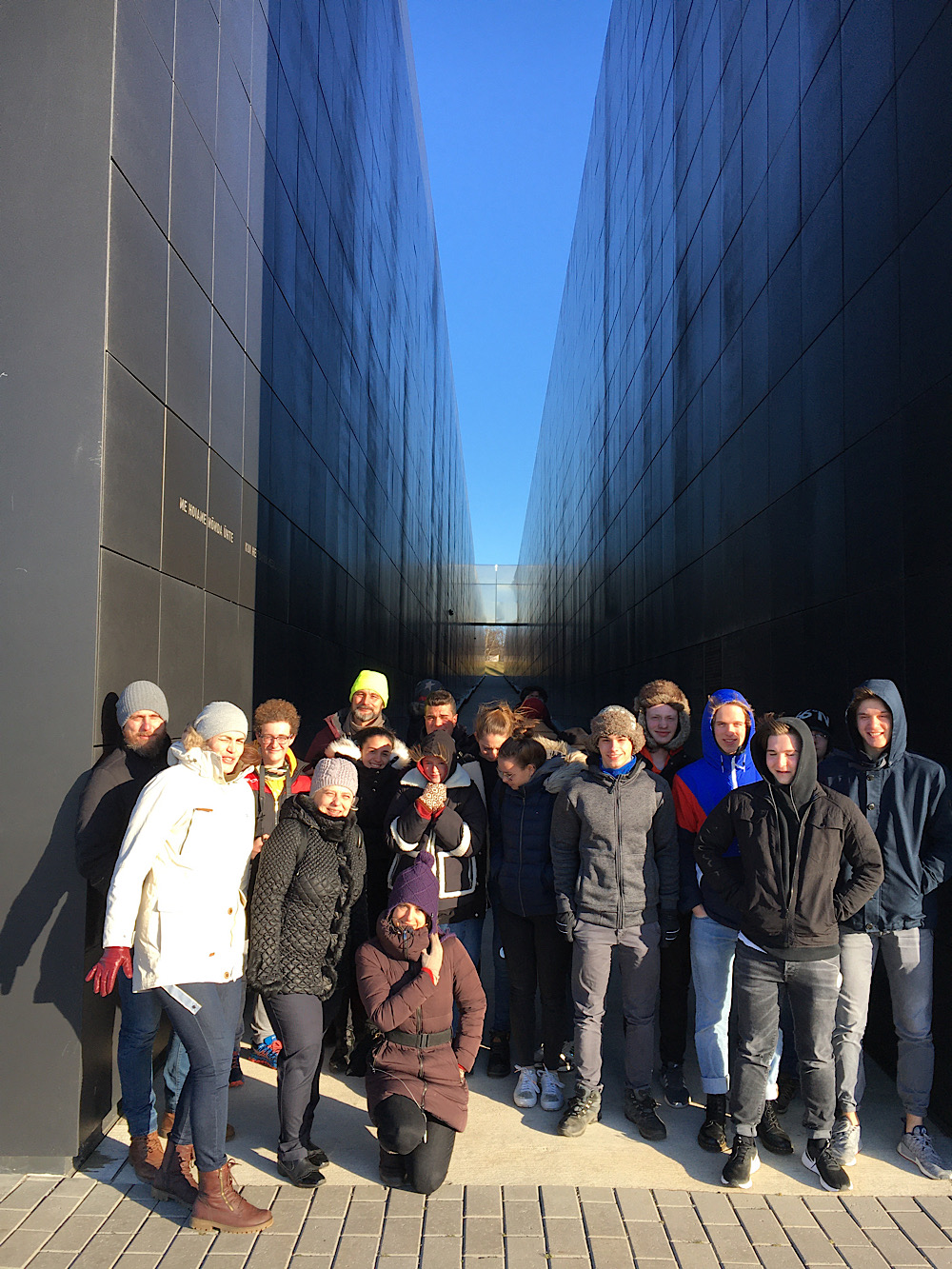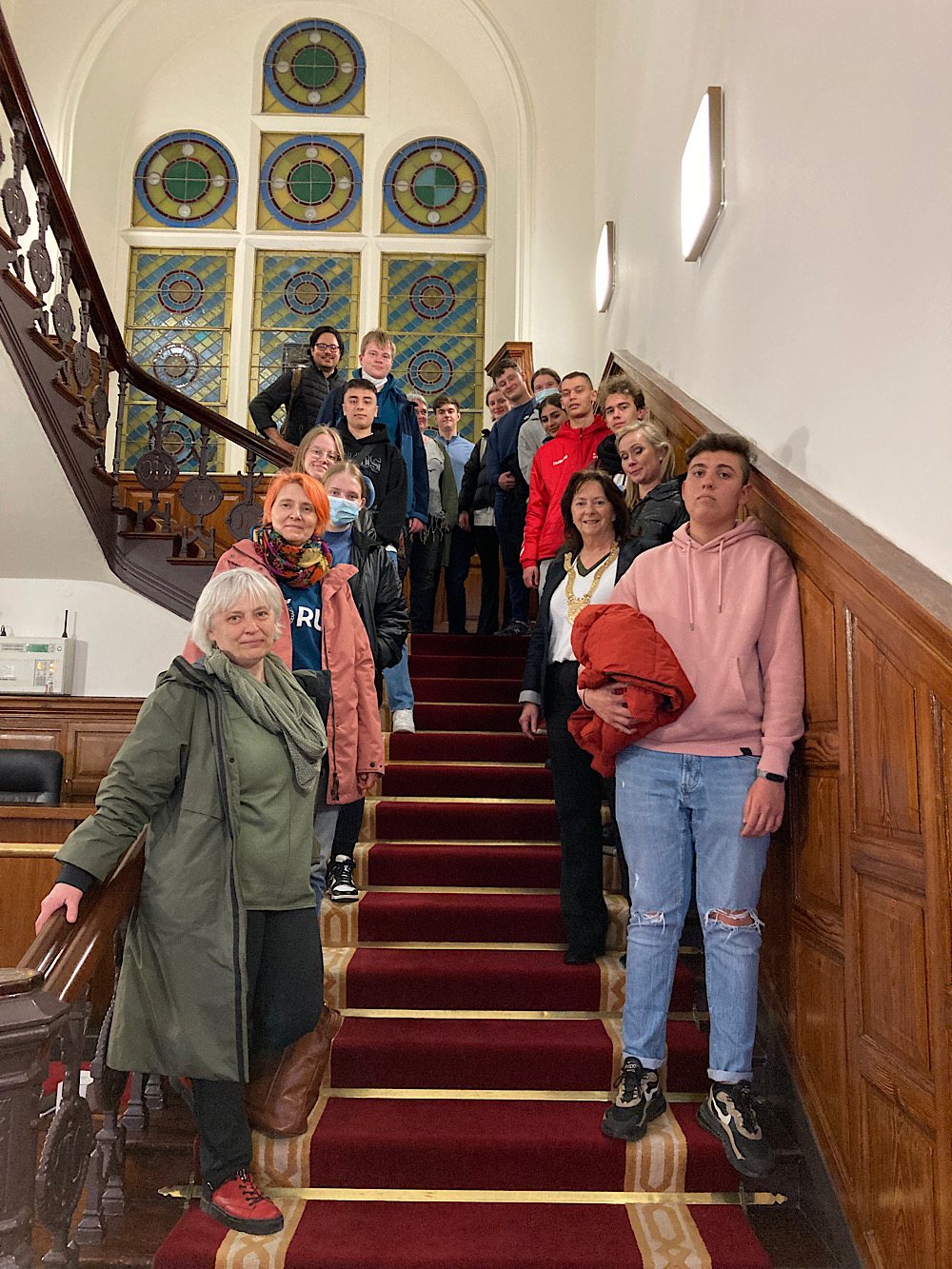Sekundarstufen I und II – Gesamtschule der Stadt Paderborn

Freedom needs HerStory
Beschreibung des Projektes
The project was initiated by history teachers who were concerned about developments in Europe (Brexit, nationalist anti-European movements, growing anti-Semitism, Ukraine). Around 130 pupils aged 16-19 from Estonia, Germany, Ireland and Spain tried to look at national and regional traditions of commemorating events especially wars and its heroes/victims/ perpetrators. At a time when peace in Europe is taken for granted and those who remember the horrors of war become silent it seemed appropriate to remind young people that the nations of this continent had a long and destructive history of fighting each other.
We were looking at significant and controversial dates (24th February, 9th November, 11th November, 20th November), symbols (e.g. red poppy), iconic pictures and photos as well as memorials and graveyards. Pupils documented local memorials and local or national rituals of remembrance and informed the students of other nations of their findings. They did also look for memorials which have been removed as they no longer seemed acceptable to new generations. They researched changes in linguistics or even in law which are instrumental in nudging the national identity into new directions. Based on their research students became involved in protecting/promoting a memorial.
They assessed the importance of national sports (curling, gaelic football) against the background of civil wars. They also practiced these sports together, which significantly strengthened the friendship between the individual European participants.
Discussions between students from different cultures made the participating students aware of variations as well as similarities in the way nations remember and forget. Maybe in a way the students developed a common European identity as Europeans and become responsible for prolonging and defending the unprecedented period of peace
between our nations that they seem to take for granted.







